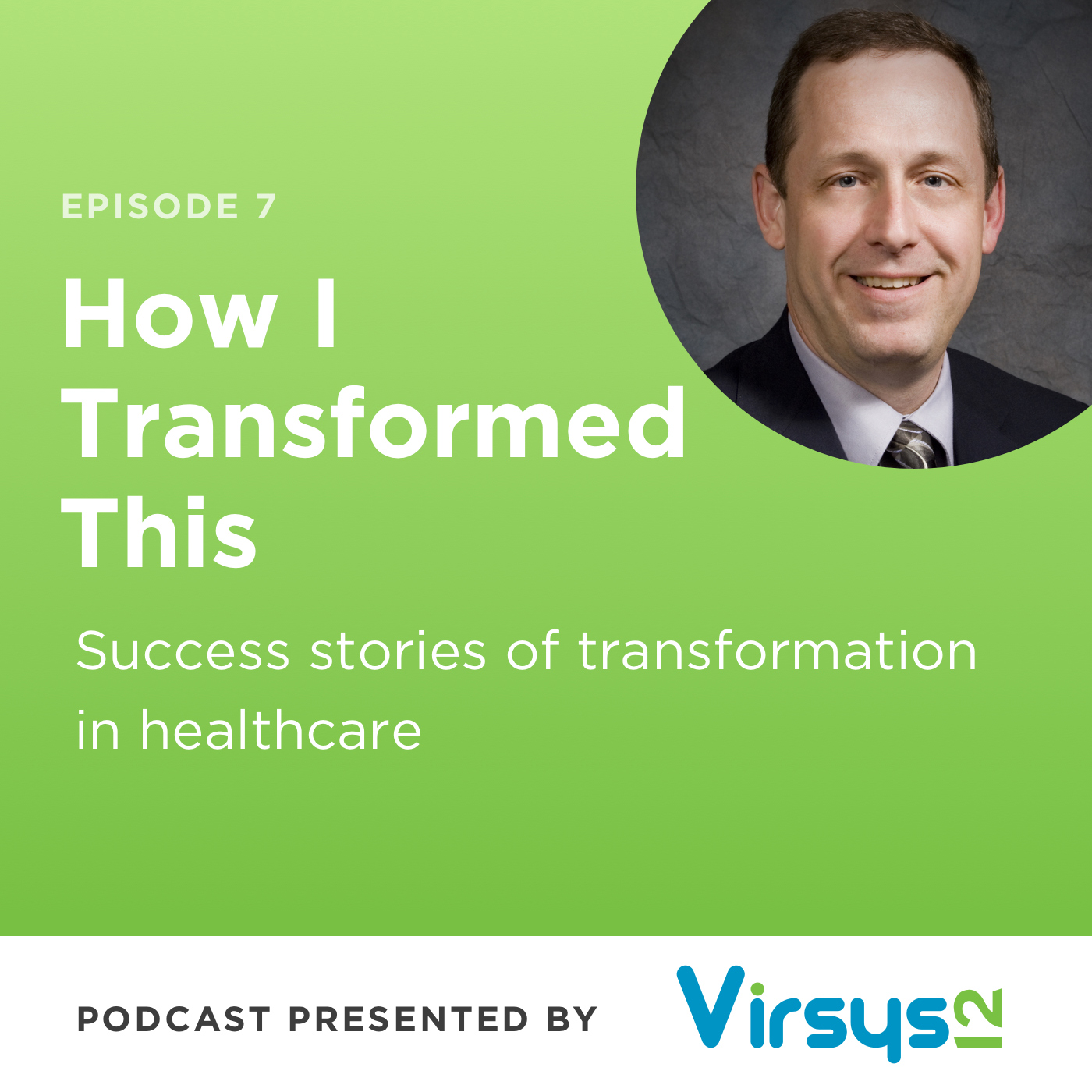Why Technology Matters
At Wellpath, providers don’t have to worry about eliminating barriers to access. The Supreme Court has already done that for them, ruling that incarcerated individuals have a constitutional right to healthcare.
“When you’re on the outside, it can be complicated to make a doctor’s appointment or get a prescription filled at a pharmacy. Those are kind of foreign concepts to some of the folks out there,” Martin said. “In a jail or a prison, the nurse will bring you the pill and help you take that pill and explain to you why it’s important that you take it every day and not skip. The intensity and the level of care that’s provided is much higher.”
About half of the justice system’s healthcare needs are outsourced out to private companies, and the other half is government provided.
In this market, Martin believes technology sets his company apart.
“Everybody can hire the same nurse, they can hire the same doctors, they can get the same people in there. But it’s the tools and technology that can make the difference and make your company different than the others.”
As he’s watched Wellpath grow through the years, Martin has had to scale himself and the technology the company uses. He believes this work is important, because putting the right systems and processes and technology in place allows Wellpath to achieve its true purpose.
“Our primary duty is to make sure the patients are taken care of, and that it’s the appropriate and correct care for their situation,” he explained. “We never want the IT organization to be a limiting factor on the opportunities that the business has, or the opportunities to treat patients in a compassionate and correct way.”
Providing Better Outcomes
As Wellpath looks to provide the best care and outcomes for its patients, Martin sees connectivity as the next big problem to solve.
Almost 96 percent of Wellpath’s patients are on an electronic health system, but clinicians are still learning to apply that information, Martin explained.
“It’s how do you use the data and information in there to improve the treatment of the patients?”
He identified three common issues Wellpath deals with and explained how technology could be used to help solve them.
First, providers are learning how to collaborate and share information with clinicians on the outside, so that individuals who come in and out of jail frequently can still get care when they are released.
In the other two problem areas — the opioid crisis and withdrawal — Wellpath uses technology within the clinical process itself. Its systems provide decision support for clinicians to help them find the best course of treatment or even navigate the process with the help of a hand-held tablet.
Wellpath has also developed an app that can help predict a propensity to self-harm and give providers a chance to intervene more quickly.
For Martin, all of this work matters because it impacts the way patients view and care for themselves, which can have long-term effects on their acclimation back into society.
“We get thank you notes from our patients from time to time,” Martin shared. “The theme that emerges is, ‘No one has treated me this way since my mother.”
Engaging a Provider Network
When the level of care within a facility isn’t sufficient, Wellpath uses contracted providers to meet patients’ needs. To do this, the company built a provider network through Salesforce and integrated that network into its electronic health records.
“Traditionally the industry has kind of held the data really close and didn’t share, so the customer is not always aware of what is going on clinically and operationally within the facility,” Martin said. “Through our system we can provide transparency to our clients.”
Clients can go into the EHR portal and see data around health trends, compliance and the number of people in a facility. This transparency helps with risk management and gives clients a greater confidence in the company.
Martin believes the Salesforce network, along with Wellpath’s other technology, allows the company to provide greater levels of compassionate care, paving the way for industry-wide transformation.
“The passion that our business brings to this is more than ‘how do we extract money out of this industry?’ It’s really, ‘How do you improve this, how do you disrupt it in some ways? And how do you do that in a way that manages cost appropriately, manages risk appropriately?’”
Subscribe to How I Transformed This wherever you get your podcasts, and be sure to sign up for our quarterly email newsletter to stay up to date on Virsys12’s latest transformational work.



